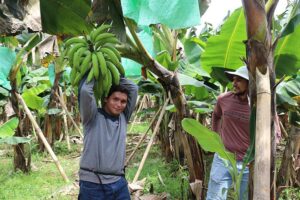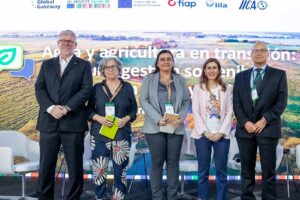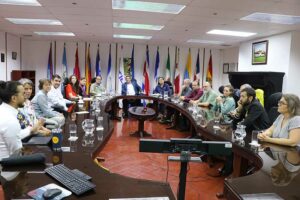International Cooperation Projects in Guatemala Join Efforts to Strengthen Local Knowledge and Combat Malnutrition
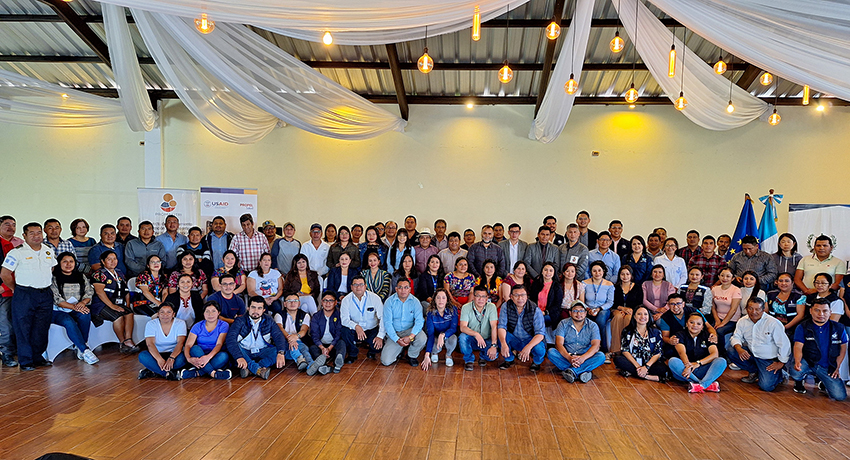
- 110 public sector individuals were trained in the use of tools and data for planning multisectoral activities in food security and nutrition.
In Guatemala, four international cooperation projects collaborated to design and implement a capacity-building workshop on analysis and use of data and information in food security and nutrition in the department of Quiché.
The involved projects are: National Nutrition Information Platform (PiNN) of CATIE (Tropical Agricultural Research and Higher Education Center); Improvement of Maternal and Child Nutrition through Primary Care (PROMiNUTRI) of the Japan International Cooperation Agency (JICA); Promoting Outcomes and Products through Policies and Economic Incentives (PROPEL) and Breakthrough Action Guatemala, both from the United States Agency for International Development (USAID).
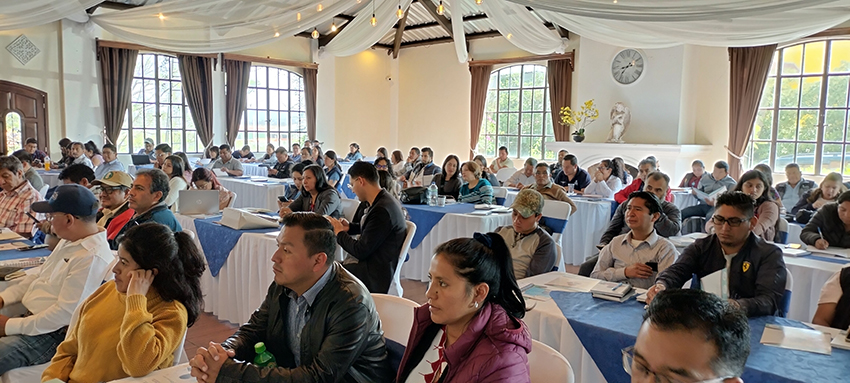
According to Martha María Pacay, advocacy and policy specialist of the PiNN project, as part of the advocacy and communication actions, this multisectoral planning workshop for interventions in food security and nutrition was carried out to help improve governance capabilities and decision-making in the department. She added that the workshop was directed at members of the Departmental Commission (CODESAN) and 12 Municipal Commissions (COMUSAN) for Food Security and Nutrition.
"For CATIE, one of the fundamental elements to achieve more effective local management in food security and nutrition is the strengthening of multisectoral spaces and the coordinated and systematic participation of social and governmental actors," said Pacay.
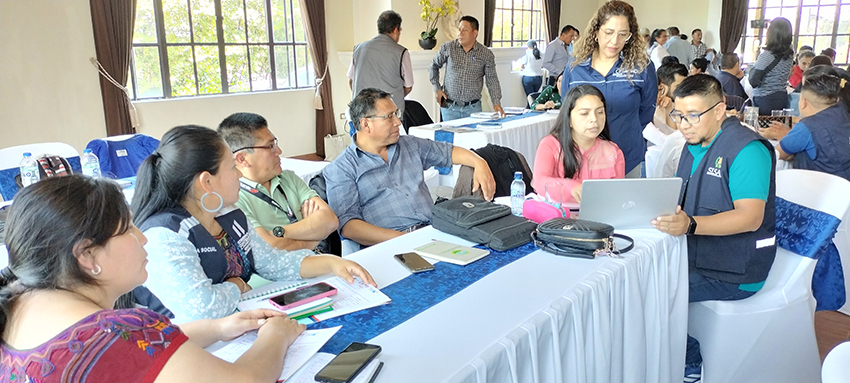
Astrid Sánchez, senior nutrition advisor at Breakthrough Action Guatemala, stated that a substantive actor to strengthen governance in food security and nutrition are international cooperation projects that seek to support governmental interventions. These projects must articulate and coordinate their actions to have a significant impact on improving the quality of life of vulnerable populations, and this activity is a demonstration of that.
The departmental governor of Quiché, Héctor Morán Vin, emphasized that to make more effective decisions, it is fundamental to understand the current problems, rely on a solid theoretical framework, and use the data provided by institutions. This will allow the proper implementation of government policies focused on improving the department's food security and nutrition.
Sasaki Takanori, representative of the PROMiNUTRI project, thanked the officials for their presence and participation in the workshop, as part of improving nutrition. "That is why we are here today with members of the COMUSAN and CODESAN, to strengthen coordination and carry out multisectoral activities," Takanori indicated.
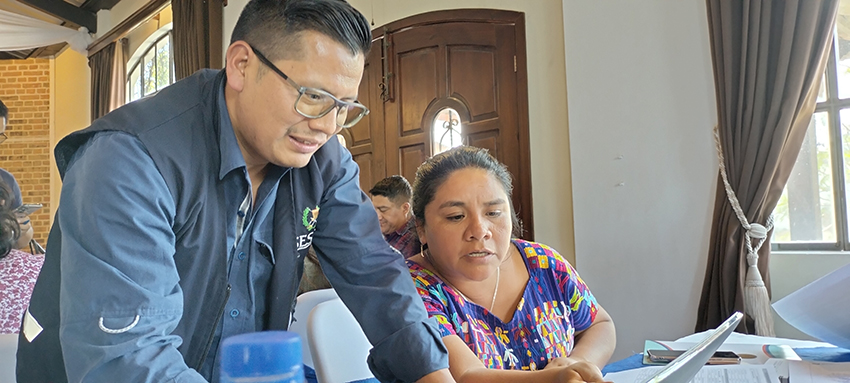
Josefina Imul Calel, coordinator of the Ministry of Agriculture, Livestock, and Food (MAGA) of the municipality of Chajul, noted that the workshop was very useful, especially for planning according to the five lines of action that must be worked on, such as: access and availability, health and nutrition, social protection, water and sanitation, and communication for social and behavioral change.
“This multisectoral workshop of the COMUSAN at the departmental level allowed us to recapitulate the actions to be executed from the five lines of action of the National Crusade for Nutrition and to strengthen the actions that were already planned, as well as to identify new important and relevant actions to achieve our goal,” expressed Astrid Calel Velásquez, monitor of the Secretariat of Food Security and Nutrition (SESAN), from the municipality of Uspantan.
She added that the presence of the departmental delegates from the executing institutions was of vital importance to follow the guidelines of each institution, demonstrating the commitment that exists to eradicate malnutrition and improve food security.
Finally, the presence of high authorities, including the departmental Governor, municipal councilors, and representatives from various institutions responsible for food security and nutrition, generated notable satisfaction among the participants, reflecting the commitment and importance given to effective coordination of these crucial actions.
More information:
Martha María Pacay
Advocacy and Public Policy Specialist
PiNN Project
CATIE
Martha.pacay@catie.ac.cr
Written by:
Ninoshka Lou
Communicator
CATIE Guatemala
ninoshka.lou@catie.ac.cr
Tag:nutrición, Food security

